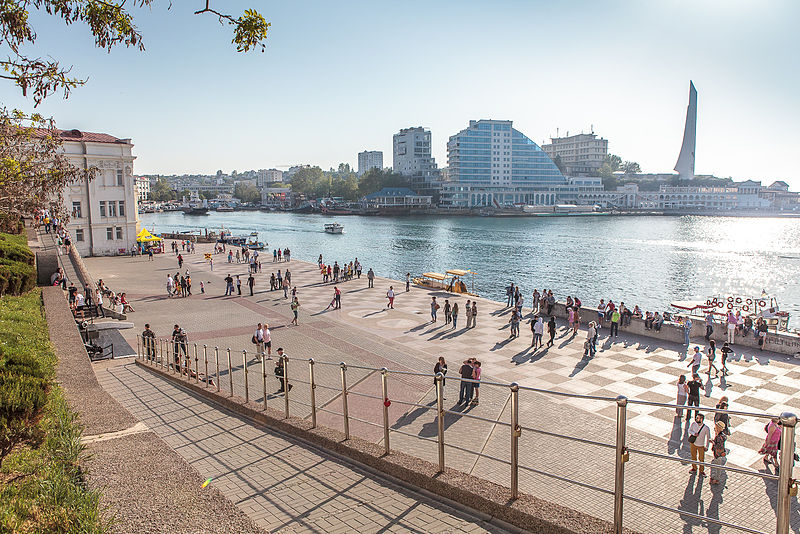
By Jason Patrick
On 6 March, the parliament of Crimea voted almost unanimously to join the Russian Federation and accelerated the referendum to 16 March. According to a cryptic statement in Russia’s ITAR-TASS, the Crimean parliament has already taken unidentified “procedural” steps toward joining Russia. Hours later, the city of Sevastopol “officially” declared that it is seceding from Ukraine. The Kremlin refuses to recognize the new Ukrainian government, characterizing its emergence as the result of an illegal coup. Ironically, President Putin is now poised to support a move in Crimea, which by the same logic would be similarly unconstitutional.
Despite Kiyv’s immediate conde
The planned referendum will heighten tensions in Ukraine for additional reasons. First, Ukraine and Europe will likely have ample reason to question the legitimacy of the vote on procedural grounds. The Organization of Security and Cooperation in Europe (OSCE) – to which both Russia and Ukraine are signatory–will demand that its representatives be present to monitor the vote to ensure that there are no attempts at rigging or other irregularities.
Although Russia would most certainly be invited as a member of the monitoring team, Moscow has already denied the OSCE’s initial attempts to enter Crimea and will likely do the same to election monitors or will curtail their freedom-of-movement on the peninsula. This lack of transparency would cast a dark shadow over the referendum’s legitimacy.
A second factor is one of demographics. Although ethnic Russians comprise a majority of Crimea, the population is far from homogeneous. Russia makes up approximately 58 percent of the population with Ukrainians and Tatars comprising 24 percent and 12 percent, respectively. Polling data from the 2010 elections indicates that over 70 percent of Crimea voted for pro-Russia Yanukovych.
If this trend continues through the 16 March vote, the referendum will likely succeed. Although the plurality of the vote would provide an air of legitimacy — particularly in Moscow — the pro-Kiyv Ukrainians and Tatars would not only find their status as Ukrainian citizens in question, they would also suffer from the isolation that will inevitably be imposed by the West to punish the secessionists.
In an attempt to further ratchet up pressure on Moscow, NATO has suspended joint cooperation with Russia and the United States has sent a modest number of additional fighter aircraft to Lithuania to bolster air patrols in the region. However, these steps will prove inadequate in the face of the Russian forces already in position in Crimea, as well as those on high alert in western Russia.




